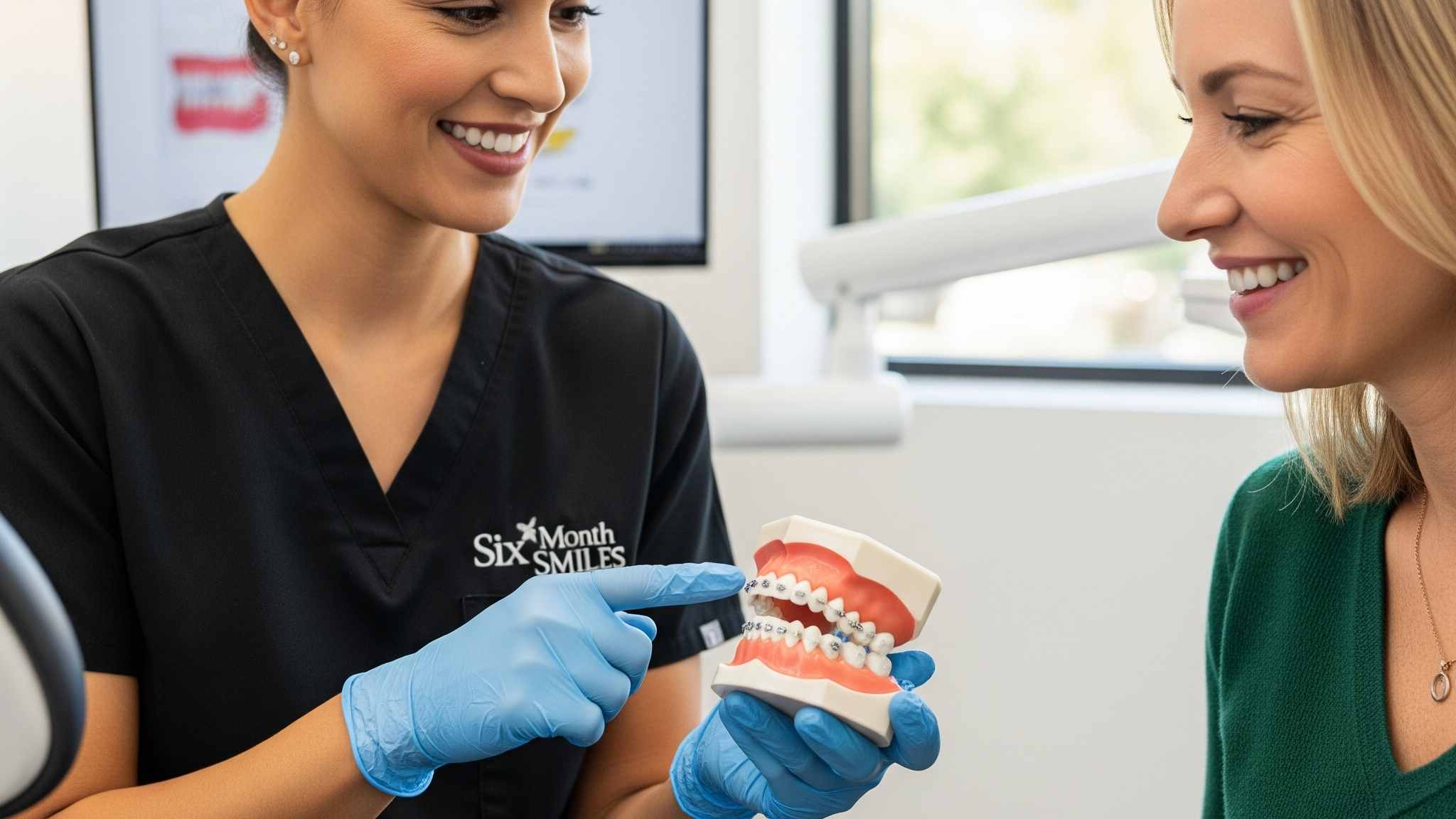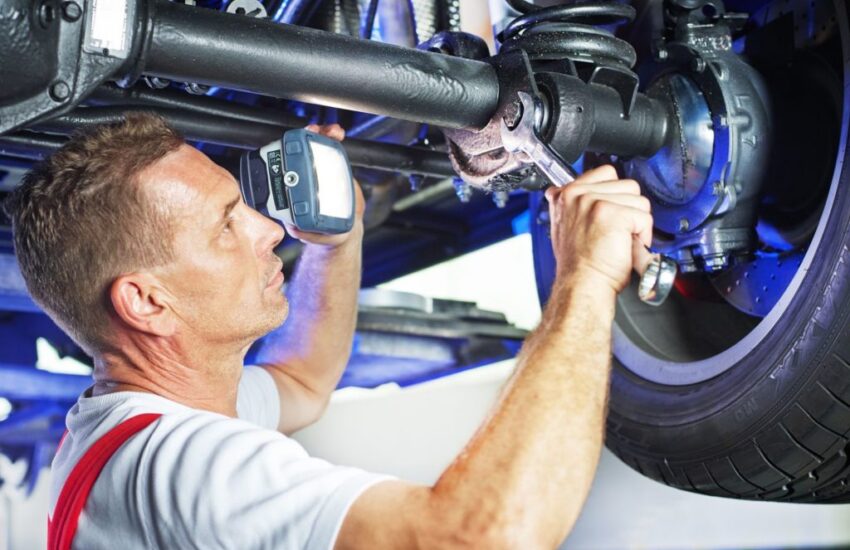Introduction
The dental industry stands at the precipice of a technological revolution that promises to redefine how we approach oral healthcare. Among all the innovations emerging in 2024-2025, artificial intelligence has emerged as the most transformative force, fundamentally changing everything from diagnostic accuracy to patient recovery protocols.
This isn’t just about fancy gadgets or futuristic concepts—it’s about practical, implementable solutions that are already improving patient outcomes and practice efficiency across the globe.What makes AI particularly compelling in dentistry is its versatility. Unlike single-purpose innovations, AI seamlessly integrates with existing technologies while opening entirely new possibilities for treatment planning, execution, and follow-up care. For dental professionals seeking to stay ahead of the curve, understanding AI’s current applications and future potential isn’t optional—it’s essential for remaining competitive in an increasingly tech-driven healthcare landscape.
AI Revolution in Diagnostic Accuracy
The most immediate and impactful application of AI in dentistry lies in diagnostic imaging and disease detection. Modern AI-powered imaging systems can identify cavities, periodontal disease, and even early-stage oral cancers with accuracy rates that often exceed human specialists
These systems analyze thousands of data points in seconds, catching subtle anomalies that might escape even experienced practitioners during routine examinations.Consider the traditional approach to cavity detection: visual inspection combined with X-rays, heavily dependent on the clinician’s experience and the quality of imaging equipment. AI transforms this process by applying machine learning algorithms trained on millions of dental images, identifying patterns invisible to the human eye. Studies show AI can detect interproximal caries with up to 95% accuracy, significantly reducing both false positives and missed diagnoses.
Beyond basic cavity detection, AI excels at predicting treatment outcomes and identifying patients at high risk for future dental problems. By analyzing patient history, genetic factors, and lifestyle data, these systems create personalized risk profiles that enable truly preventive care. This predictive capability represents a paradigm shift from reactive to proactive dentistry, potentially saving patients from extensive procedures down the line.
Precision Equipment and Laboratory Integration
The integration of AI with dental laboratory equipment has created unprecedented levels of precision in restorative dentistry. Modern dental labs now employ AI-driven systems that optimize everything from crown design to surface preparation protocols. This technological synergy is particularly evident in procedures requiring advanced surface preparation equipment, where AI algorithms determine optimal particle size, pressure, and application angles for different materials and clinical situations.
The marriage of AI and precision equipment extends beyond simple automation. Smart sandblasting systems, for instance, can now analyze the substrate material in real-time, adjusting parameters automatically to achieve ideal surface roughness for maximum adhesive strength. This level of precision was impossible with manual techniques, where outcomes varied significantly based on operator skill and experience.
Furthermore, AI-powered quality control systems in dental laboratories can detect microscopic defects in restorations before they leave the lab. These systems use computer vision to inspect crowns, bridges, and veneers from multiple angles, ensuring that only perfect restorations reach the dental office. This dramatically reduces remake rates and chair time, benefiting both practitioners and patients.
AI in Cosmetic and Aesthetic Dentistry
Perhaps nowhere is AI’s impact more visible than in cosmetic dentistry, where patient expectations for perfect results continue to rise. Digital Smile Design powered by AI has revolutionized treatment planning, allowing patients to visualize their results before any work begins.
These systems analyze facial proportions, lip dynamics, and existing tooth morphology to create truly personalized treatment plans that harmonize with each patient’s unique features.Modern practices offering comprehensive aesthetic dentistry services increasingly rely on AI to ensure predictable, natural-looking results. The technology assists in everything from shade selection to determining optimal tooth proportions, taking the guesswork out of smile makeovers
. AI algorithms can even predict how different materials will age and wear over time, helping clinicians choose the most appropriate restorative options for long-term aesthetic success.The integration of AI with 3D printing technology has further expanded possibilities in cosmetic dentistry. Custom veneers, crowns, and even complete dentures can now be designed by AI and fabricated with unprecedented accuracy.
This combination of technologies reduces treatment time from weeks to days, while simultaneously improving fit, function, and aesthetics. Patients benefit from fewer appointments, less chair time, and results that look and feel more natural than ever before.
Patient Care and Recovery Innovations
AI’s influence extends well beyond the dental chair into post-operative care and recovery management. Smart monitoring systems now track patient recovery in real-time, alerting healthcare providers to potential complications before they become serious. This is particularly valuable for complex procedures requiring specialized recovery equipment, where proper positioning and monitoring are crucial for optimal outcomes.
In hospital-based dental units, AI systems coordinate care between multiple departments, ensuring seamless transitions from surgery to recovery. These systems can predict which patients are likely to experience complications based on their medical history and procedure type, allowing for proactive intervention strategies.
The technology even assists in determining optimal recovery positions and monitoring protocols for patients with special needs or complex medical conditions.Telemedicine platforms enhanced with AI capabilities have made follow-up care more accessible and effective. Patients can now receive post-operative assessments remotely, with AI analyzing images and symptoms to determine whether in-person visits are necessary.
This not only improves convenience for patients but also allows practices to allocate resources more efficiently, focusing in-person appointments on cases that truly require hands-on evaluation.
Challenges and Future Implementation
Despite its tremendous potential, AI implementation in dentistry faces several challenges. The initial investment in AI-enabled equipment and software can be substantial, potentially putting these technologies out of reach for smaller practices. Training staff to effectively use AI tools requires time and resources, and there’s often resistance to change from practitioners comfortable with traditional methods.Data privacy and security concerns also present significant hurdles. AI systems require vast amounts of patient data to function effectively, raising questions about storage, sharing, and protection of sensitive health information. Regulatory frameworks are still catching up with technological advances, creating uncertainty about compliance requirements and liability issues.Looking forward, successful AI implementation will require a balanced approach that combines technological innovation with human expertise. The goal isn’t to replace dental professionals but to augment their capabilities, allowing them to provide better care more efficiently.
Conclusion
Artificial intelligence represents the most significant advancement in dentistry today, touching every aspect of oral healthcare from diagnosis to recovery. Its ability to enhance precision, improve outcomes, and personalize treatment makes it an indispensable tool for modern dental practice. As we move forward, the practices that embrace AI thoughtfully and strategically will be best positioned to deliver exceptional patient care while maintaining competitive advantages in an evolving healthcare landscape.





